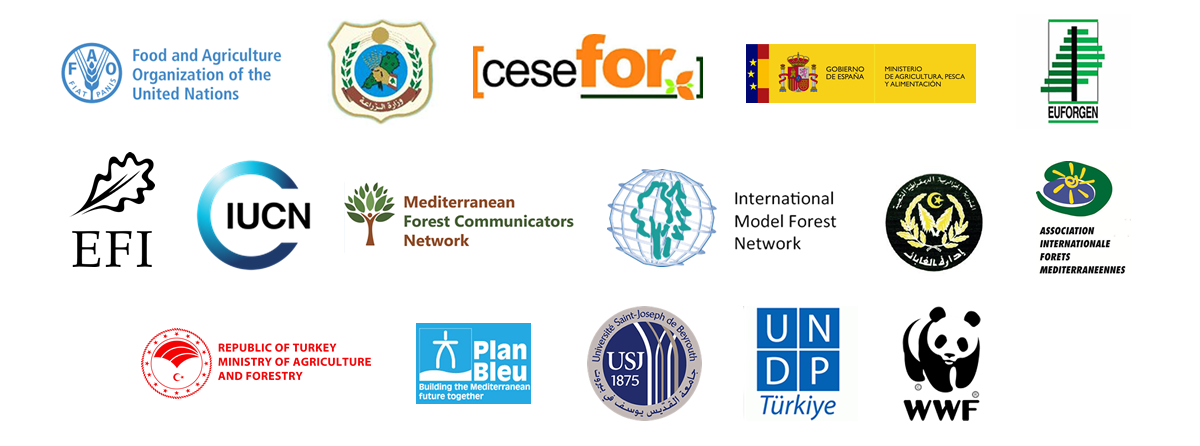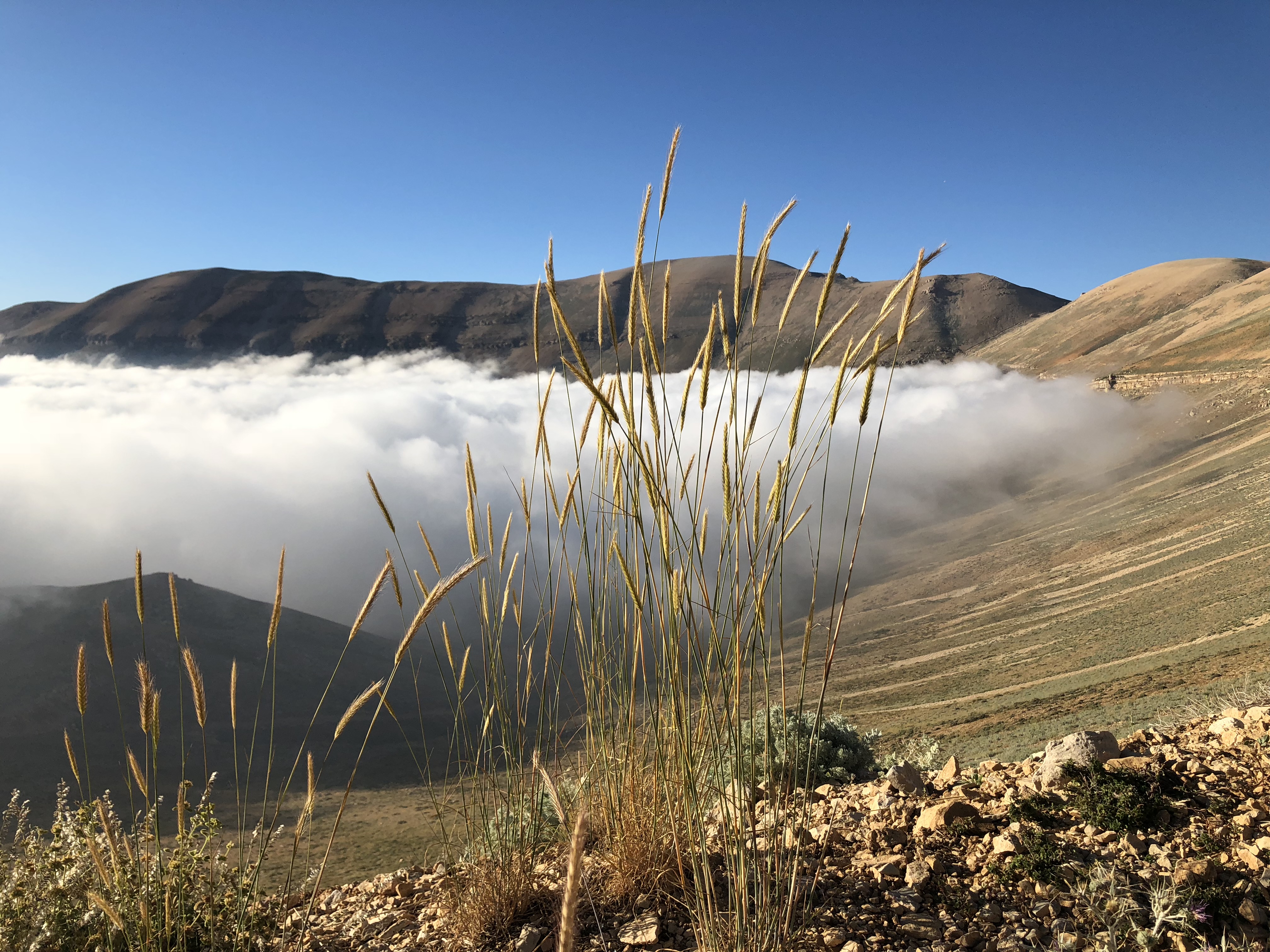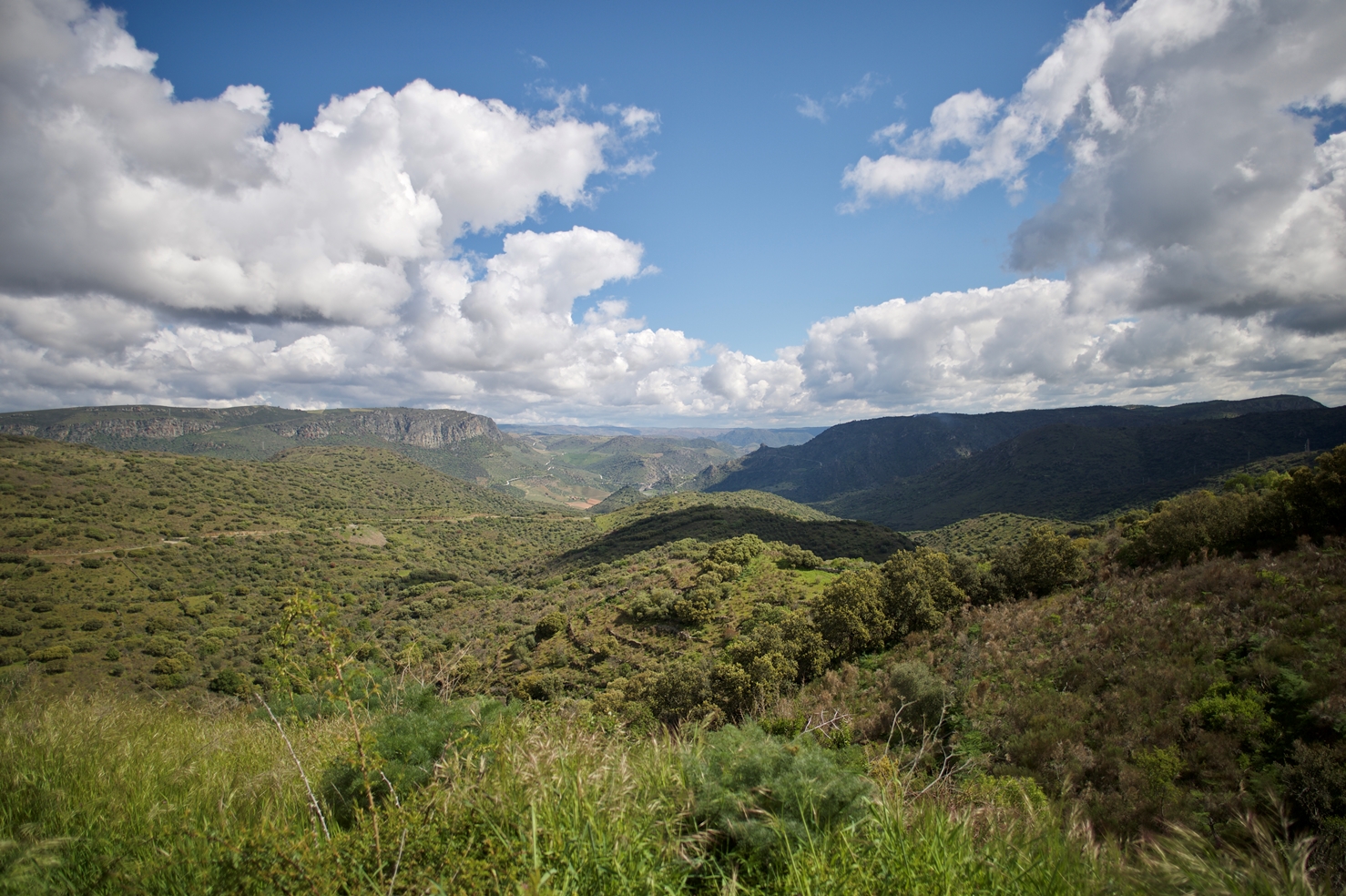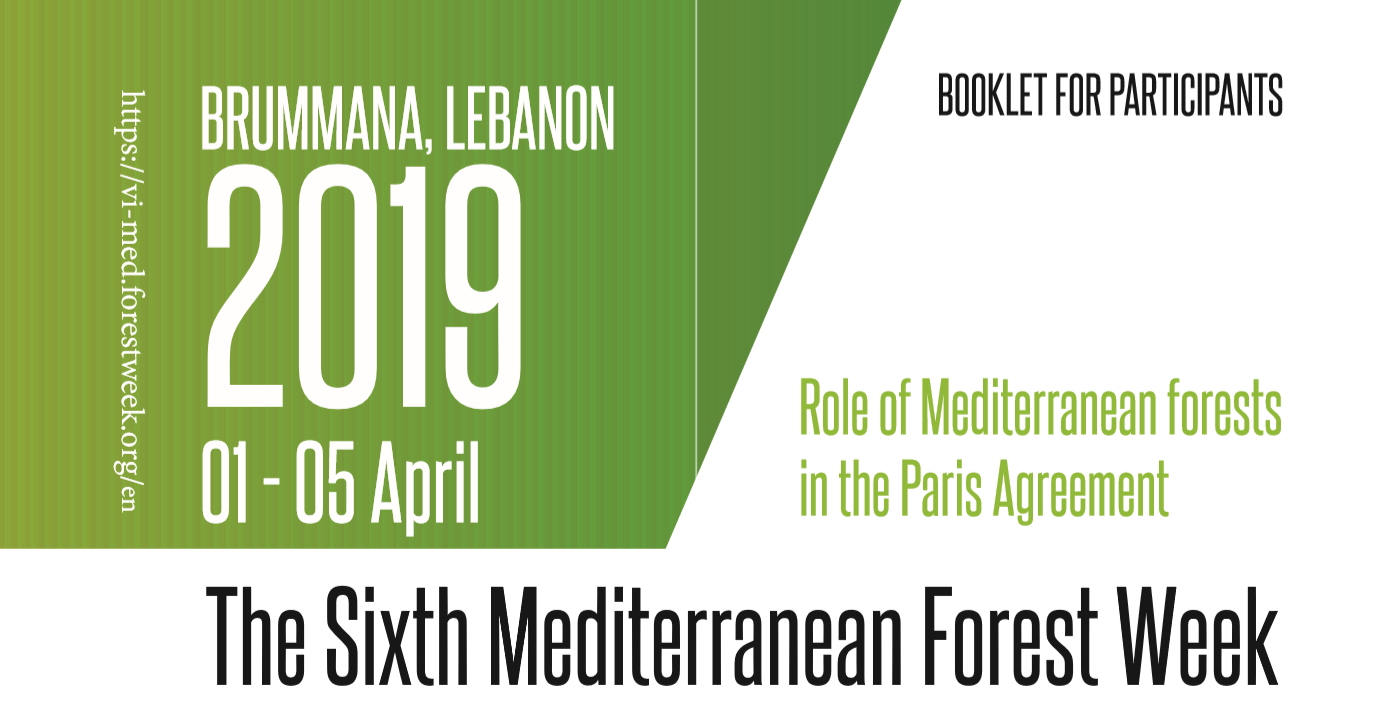Plenary session 1: Where we stand: global commitments, implementation of NDCs in Mediterranean countries
The Mediterranean region is a hot-spot of climate change. The latest report of the Intergovernmental Panel on Climate Change identifies the Mediterranean as one of the regions most vulnerable to the impacts of global warming. By 2100, the Mediterranean climate is predicted to experience an average temperature increase of 2°C to 4°C. Rainfall is expected to decrease by 4 to 30 percent while sea levels are projected to increase by 18 to 59 cm, with direct consequences: a rapid change in the water cycle; a decrease in soil water storage capacity, thus an acceleration of desertification; a northern shift in altitude of marine and terrestrial biodiversity; and extinction of the most climate-sensitive or least mobile species with subsequent colonization by new species.
Climate policy instruments (Kyoto Protocol, REDD+, Paris Agreement) recognize the forest sector as a key component to mitigate and adapt to climate change. The implementation of these instruments allows the fulfilment of global commitments like those defined in the United Nations Framework Convention on Climate Change, or the global goals like the Sustainable Development Goal 13 to “take urgent action to combat climate change and its impacts,” or the goals of the UN Strategic Plan for Forests 2017-2030 adopted at a special session of the United Nations Forum on Forests. Regional Mediterranean initiatives have also established objectives that are consistent with the global ones and enable them to downscale to the Mediterranean level.
Countries published their Intended NDCs prior to the UNFCCC COP 21 in Paris. Upon ratification of the Paris Agreement, these INDCs became the parties’ first NDCs (except in cases where parties decided to submit a new NDC). Forests often have a prominent role in Mediterranean countries’ NDCs.
This session was an introductory session to the Sixth Mediterranean Forest Week and presented the current situation regarding the role of Mediterranean forests in global commitments (including targets on LDN and Aichi targets) and the role of LULUCF in implementing the Nationally Determined Contributions (NDCs) of the Mediterranean countries. Using a concrete example, this session showed how the three Rio Conventions can be complementary.

About 6th MFW
Silva Mediterranea
Forestry Policy and Resources Division (FOA)
Food and Agriculture Organization of the United Nations



